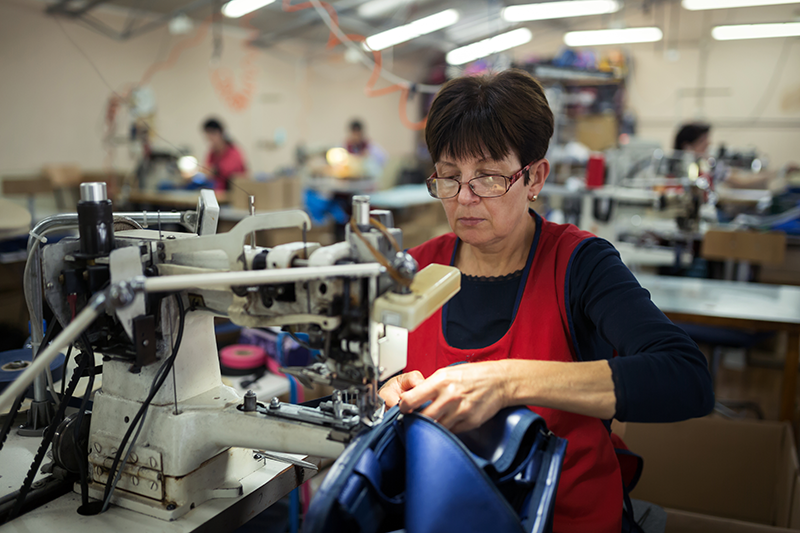EU context
Eurofoundin toiminta
Eurofound on kehittynyt yli 40 vuoden kuluessa työmarkkinasuhteissa vaikuttavien suuntausten seurannan ja analysoinnin asiantuntijakeskukseksi. Se tuntee myös Euroopan laajuisen ja kansallisen työmarkkinaosapuolten välisen vuoropuhelun väliset yhteydet. Eurofound on selvittänyt työmarkkinasuhteiden kehittymistä kussakin EU:n jäsenvaltioissa ja myös EU:n laajuisesti 28 jäsenvaltiota sekä Norjan kattavan yhteyshenkilöiden verkostonsa avulla.
Keskeiset aikaansaannokset
Eurofound on laatinut joukon vertailevia analyysejä, artikkeleita ja tapaustutkimuksia EU:n 28 jäsenvaltiosta sekä Norjasta työmarkkinasuhteiden alalta. Se on myös koonnut säännöllisesti päivitettäviä tietokantoja asiaan liittyvistä aiheista.
Vastikään tehdyssä tutkimuksessa kartoitetaan työmarkkinasuhdejärjestelmiin liittyviä keskeisiä ulottuvuuksia ja indikaattoreita 2000-luvun Euroopassa. Toisessa tutkimuksessa tarkastellaan, miten EU:n ja Norjan työmarkkinaosapuolet ovat kokeilleet uusia aiheita, työkaluja ja innovatiivisia toimintamalleja pystyäkseen vastaamaan moniin viime vuosina ilmenneisiin uusiin poliittisiin, lainsäädännöllisiin ja sosiaalisiin haasteisiin.
Palkka ja työajat ovat edelleen paljon puhuttuja aiheita, joita tarkistetaan vuosittain. Palkkojen alalla on keskitytty vastikään lakimääräisiin vähimmäispalkkatasoihin eri puolilla EU:ta sekä kollektiivisiin palkkaneuvotteluihin.
Eurofound on toteuttanut vuodesta 2006 lähtien tutkimuksia Euroopan alakohtaisten työmarkkinajärjestöjen edustavuudesta, kuten Euroopan komissio on kehottanut.
Tietolähteitä
Työelämän kehittymistä koskevat raportit
Eurofound tarjoaa järjestelmällisesti koottua vertailukelpoista tietoa kansallisista työmarkkinasuhdejärjestelmistä ja työmarkkinoiden kehittymisestä seuranta- ja raportointityökalujensa avulla. Työkalut perustuvat EU:n 28 jäsenvaltiota ja Norjan kattavan yhteyshenkilöiden verkoston tekemään työhön.
































